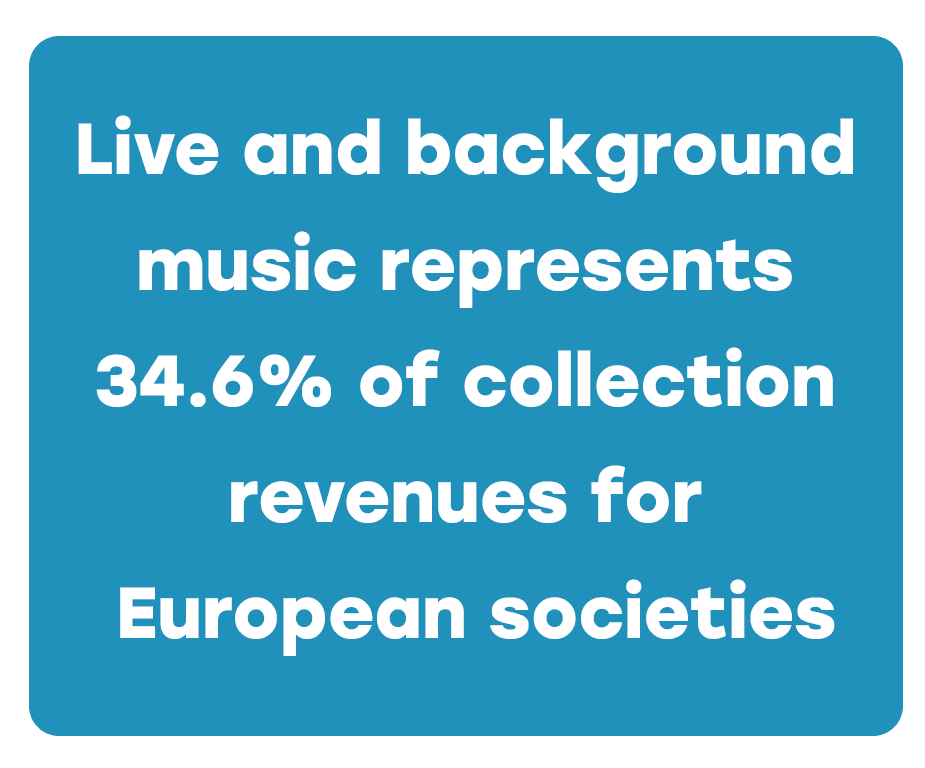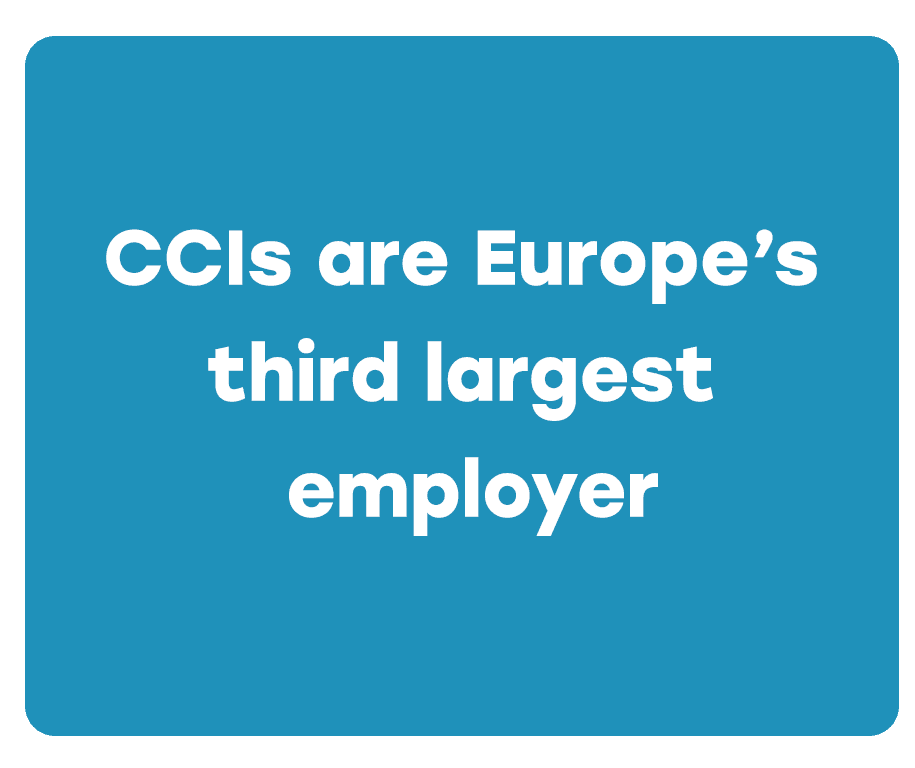Covid-19 recovery: what’s the damage and how can we move forward?
The COVID-19 crisis has been devastating for the whole cultural sector. From venues to rightsholders and right down to the individual creators themselves, no one in our sector has been left untouched by this crisis.
Authors’ societies/collective management organisations (CMOs) have tried to assume as much of the burden as possible on behalf of their creators. But having poured hundreds of millions of euros into grants, funding and emergency social assistance schemes, the CMOs are themselves now under considerable financial strain.
The following are four key points both the EU and national governments should bear in mind when developing their recovery strategy:

THE SCALE OF THE DAMAGE

It is still too early to assess the scale of damage inflicted on the creative industry as a whole, however, in Germany, early estimates show that the music industry could see losses of close to 60% for 2020. Many of these losses will not be covered by insurance companies.
Creators have lost short-term income from performance revenues for live events and other artistic projects no longer taking place. More long-term impacts include the freezing or dramatic reduction in license fees and royalty collections – which will impact the whole sector for the foreseeable future.
Given the anti-social nature of this crisis and the very much social nature of cultural activities, the creative sector is likely to be one of the last to recover.
AUTHORS’ SOCIETIES HAVE SHOULDERED A HEAVY BURDEN
Authors’ societies were quick to mobilise with measures to support their members.
-
- Hundreds of millions of euros made available and distributed to creators through support grants or advance royalty payments.
- Campaigns to promote creative works and encourage streaming of cancelled events.
- Adapted working practices to help business partners stay afloat and promote access to creative works.
- Hackathons and other innovative schemes to develop ways to future-proof the industry.
- Petitions and online events to support healthcare professionals and other key workers.
However, the financial strain, due to lost income from users, is now taking its toll on authors’ societies as well. According to some initial estimates, societies could lose more than 30% of their revenues in 2020, and losses in the coming years will be significant.
CULTURE HAS AN IMPORTANT ROLE TO PLAY IN EUROPE’S RECOVERY
In a 2016 report the European Parliament said that the Cultural and Creative Industries (CCIs) at large provides more than 12 million full-time jobs, which amount to 7.5% of the EU’s work force, creating approximately €509bn in value added to GDP (5.3 % of the EU’s total GVA).

Europe’s youth is overrepresented in the creative sector, which employs, on average, more 15-29-year–olds than any other sector. To renew a sense of hope and optimism about the future, it will be important for governments to reach out to the industries that most impact young people – who so often represent the mood of a nation and will, in any event, be the ones to replace older generations in the job market.
The power of cultural events to raise collective moods and general well-being should not be underestimated as a tool for boosting morale in the wake of this crisis.
EXISTING SCHEMES & POLICIES WILL BE VITAL
The EU has reacted by freeing up resources for culture; the adaptation of what has remained from the Creative Europe programme, the coronavirus response initiative’s (CRII) structural funds, and relaxation of state aid rules.
While these steps should be applauded, the following should be taken into consideration to ensure the most vulnerable creators benefit:
-
- The dedicated fund for culture, Creative Europe, should be bolstered.
- SMEs and innovation funds (InvestEU, Horizon, etc.) should feature cultural strands.
- Structural funds and guaranteed facility programmes (CRII, SURE) should also be used for cultural purposes.
- CCIs should be included in the recovery plan as a target ecosystem, in which dedicated grants and loans for business in the long-term.
- A ‘solidarity fund’ for creators for the short-term.
Recent policy achievements were designed to safeguard cultural creation
The Copyright Directive, the Broadcasting Directive and the Audiovisual Media Services Directive were designed in their very essence to help foster a more sustainable creative and cultural ecosystem in which creators are paid fairly for their work.
One of the best ways in which the EU can help rebuild the creative sector for the long-term is to ensure the faithful implementation of these directives.
Photo: ©Finn Hackshaw